
Mustang Deluxe Anti-Exposure Coverall & Work Suit - Orange/Black - XXXL
Mustang Survival

Mustang Survival

Mustang Survival


Mustang Survival
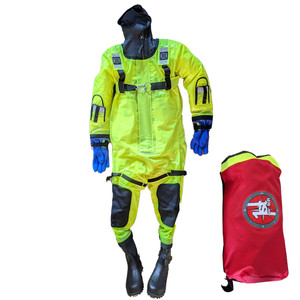
First Watch
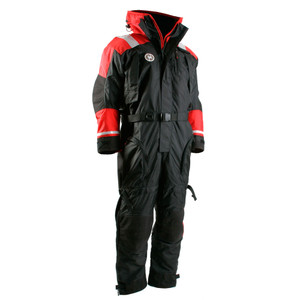
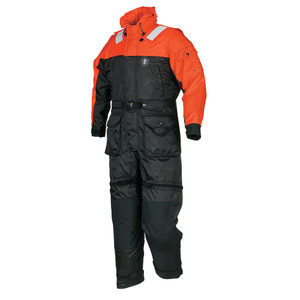
Mustang Survival
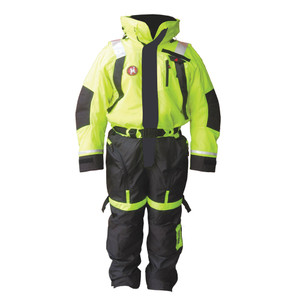
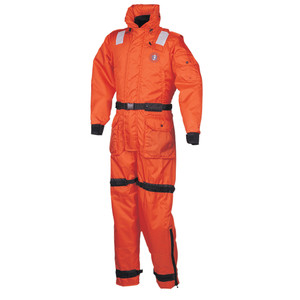


Mustang Survival

Mustang Survival

Mustang Survival

Mustang Survival



Kent Sporting Goods

Mustang Survival

Mustang Survival





When it comes to maritime safety, preparation is key. The unpredictable nature of the sea demands that mariners equip themselves with the best possible gear to ensure their survival in harsh conditions. Among the essential items that should be part of any serious mariner's kit are immersion suits, dry suits, work suits, and life rafts. These life-saving tools are designed to protect against the dangers posed by cold-water immersion and other emergency situations.
Immersion suits, also known as survival suits, are specifically designed to protect individuals from hypothermia if they find themselves in cold water. Hypothermia can set in within minutes in icy waters, drastically reducing the chances of survival. An immersion suit provides thermal insulation and buoyancy, giving mariners a critical edge in surviving until rescue arrives.
Immersion suits come with a variety of features designed to maximize survival:
While immersion suits are critical for emergency situations, dry suits and work suits serve important roles in regular maritime operations. These suits provide protection against the elements, allowing mariners to perform their duties efficiently and safely.
Dry suits are perfect for prolonged exposure to cold and wet environments. They offer:
Work suits are designed for everyday tasks aboard ships. Key features include:
In addition to suits, life rafts are a fundamental component of maritime safety equipment. In the event of abandoning ship, life rafts provide a secure and stable platform for survival. They are equipped with essential survival gear, such as water, food, and first-aid supplies, to sustain life until help arrives.
Life rafts come with several life-saving features:
Staying safe at sea requires more than just skill and experience; it demands the right equipment. Immersion suits, dry suits, work suits, and life rafts are indispensable tools that can make the difference between life and death in emergency situations. By investing in high-quality gear, mariners can navigate the unpredictable challenges of the sea with greater confidence and peace of mind.